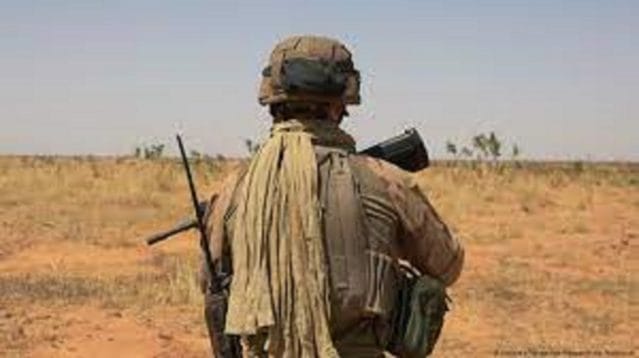
By Katarzyna Rybarczyk
The Sahel region of Africa has been a hotbed of terrorism and instability for many years now, and the violence is showing no signs of stopping. Since the beginning of the year, insurgents have already killed more people than last year. Security is deteriorating at an extremely fast pace, pushing millions into starvation, and forcing them to flee their homes.
The UN recently reported that a record high of twenty-nine million people living in the Sahel region is currently in need of humanitarian assistance, which is five million more than last year. Moreover, according to World Food Programme, the region is now facing some of the highest levels of food insecurity in a decade.
Kidnappings, security incidents, and terrorist attacks in the Sahel region happen almost every day, and as the conflict is escalating, not only security forces are being targeted, but also civilians.
Why is violence escalating?
The conflict in the central Sahel began in 2011 when, as a result of persistent poverty and unemployment, the violence broke out in Northern Mali. Soon after, armed groups expanded, and the brutality spilled over to neighboring countries. Now the five countries the most affected by the ongoing crisis are Niger, Chad, Burkina Faso, Mauritania and Mali.
There, groups affiliated with Islamic State and al-Qaeda constantly fight with each other and with national armies, local militias, and international bodies. Terrorist organisations exercise control over vast territories and the governments have been failing to effectively counter them.
On top of that, in recent years, the Sahel region has been struggling with the severe effects of climate change, which causes frequent droughts, floods, and extreme weather events. Countries are facing clean water and resource scarcity, as well as soil infertility. These things have led to an increase in violent competition for resources and land, which has been aggravating the already serious conflict.
Challenges facing local communities.
Constant fighting and terrorist attacks targeting civilians have displaced more than five million people. The livelihoods of millions are threatened and local communities have limited access to basic social services and healthcare. Moreover, almost five thousand schools were forced to close, depriving children of access to education and leaving them vulnerable to abuses and exploitation in the forms of child labour or child recruitment into armed groups.
Women and girls are now at an extremely high risk of sexual and gender-based violence, and it is not uncommon for them to fall victims to abductions, forced and child marriages, and rape. In turn, women and girls often have to deal with long-term psychological harms.
Furthermore, entire communities living in the Sahel region have been dealing with food insecurity and, as a report published by Relief Web revealed, this year around fourteen million people will face ‘severe food insecurity.’
Obstacles to humanitarian access
On account of terrorist groups posing a threat to aid workers, carrying out humanitarian activities in the region is hugely difficult. In fact, some areas are completely inaccessible as extremist organisations have planted landmines around them. Reaching rural populations can be even more challenging seeing that during the rainy season some roads can be completely submerged after flooding.
Moreover, there have been cases where aid workers were targeted, abducted, and even killed. UNHCR, the UN Refugee Agency is doing its best to address the urgent needs of people living in the Sahel region and provide them with necessary assistance, but many operations had to be terminated because of safety concerns.
At the moment, the Sahel region is very fragile, and the international community does not seem to know how to stop the spiraling insecurity. The intensity of the crisis and the severity of damages it has caused to people living in the region are inconceivable, and yet, as UNHCR says, the conflict remains ‘one of the world’s most forgotten ones.’
About the author:
Katarzyna Rybarczyk is a Political Correspondent for Immigration News. This is a media platform that helps to raise awareness about migrant injustices and news around the world and helps people get immigration advice.
